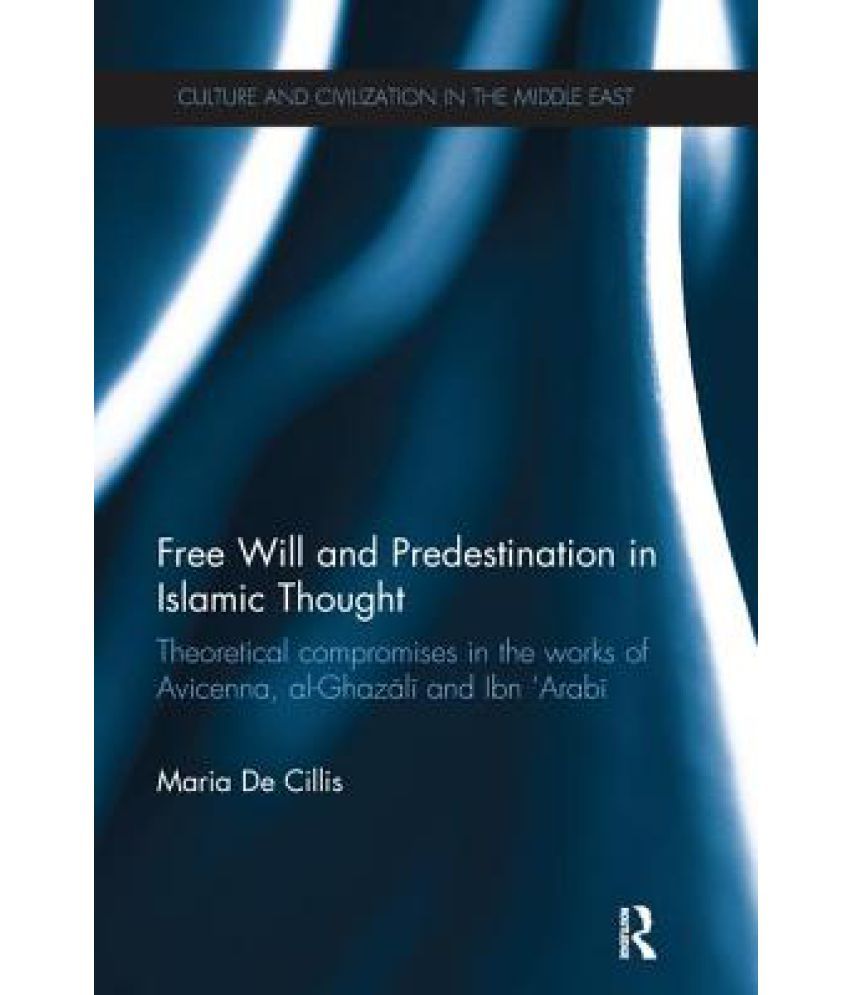Something went wrong. Please refresh the page and try again.
Something went wrong. Please refresh the page and try again.
Notifications can be turned off anytime from settings.
Item(s) Added To cart
Qty.
Something went wrong. Please refresh the page and try again.
Something went wrong. Please refresh the page and try again.
Exchange offer not applicable. New product price is lower than exchange product price
Please check the updated No Cost EMI details on the payment page
Exchange offer is not applicable with this product
Exchange Offer cannot be clubbed with Bajaj Finserv for this product
Product price & seller has been updated as per Bajaj Finserv EMI option
Please apply exchange offer again
Your item has been added to Shortlist.
View AllYour Item has been added to Shopping List
View AllSorry! Free Will and Predestination in Islamic Thought is sold out.


You will be notified when this product will be in stock
| ||||||||||||||
Learn More about the Book
The subject of "human free-will" versus "divine predestination" is one of the most contentious topics in classical Islamic thought. By focusing on a theme of central importance to any philosophy of religion, and to Islam in particular, this book offers a critical study of the intellectual contributions offered to this discourse by three key medieval Islamic thinkers: Avicenna, al-Gh z l and Ibn Arab .
Through investigation of primary sources, Free Will and Predestination in Islamic Thought establishes the historical, political and intellectual circumstances which prompted Avicenna, al-Gh z l and Ibn Arab s attempts at harmonization. By analysing the theoretical and linguistic techniques which were employed to convey these endeavours, this book demonstrates that the three individuals were committed to compromise between philosophical, theological and mystical outlooks.
Arguing that the three scholars treatments of the so-called qa wa l-qadar (decree and destiny) and ikhtiy r (free-will) issues were innovative, influential and fundamentally more complex than hitherto recognized, this book contributes to a fuller understanding of Islamic intellectual history and culture and will be useful to researchers interested in Islamic Studies, Religion and Islamic Mysticism.
"Review Quotes
1.
"I think that some of the important ideas that the author presents ...might provide a useful basis for further investigation of the relation between Ibn Arab s theosophy and the philosophical thought of Ibn S n ." - Salman Bashier, The Van Leer Jerusalem Institute"
2.
"I think that some of the important ideas that the author presents ...might provide a useful basis for further investigation of the relation between Ibn Arab s theosophy and the philosophical thought of Ibn S n ." - Salman Bashier, The Van Leer Jerusalem Institute
"The images represent actual product though color of the image and product may slightly differ.
Register now to get updates on promotions and
coupons. Or Download App